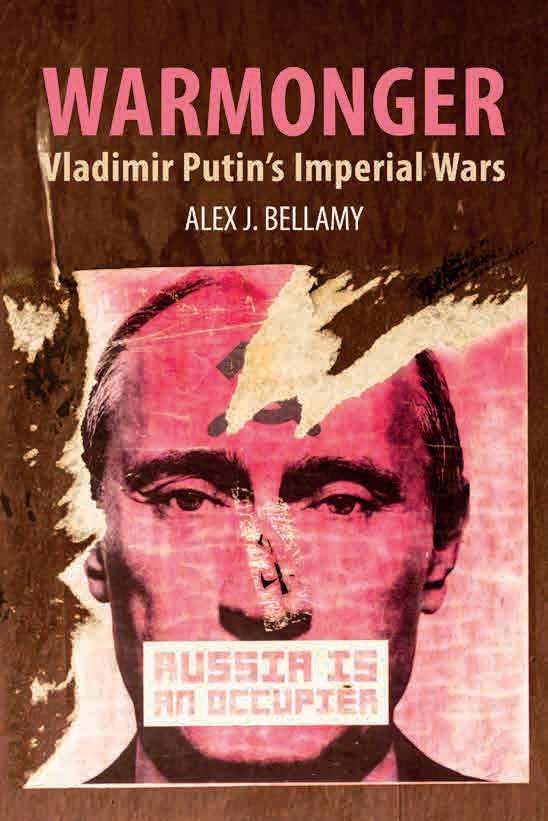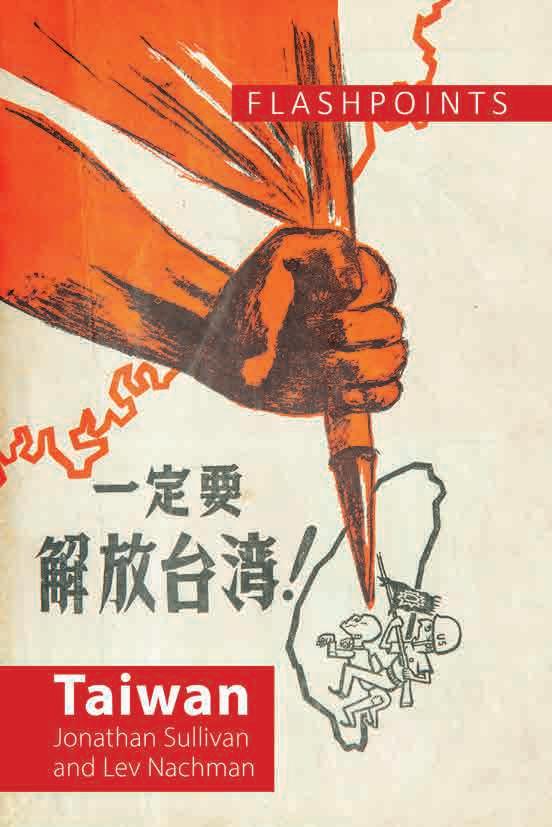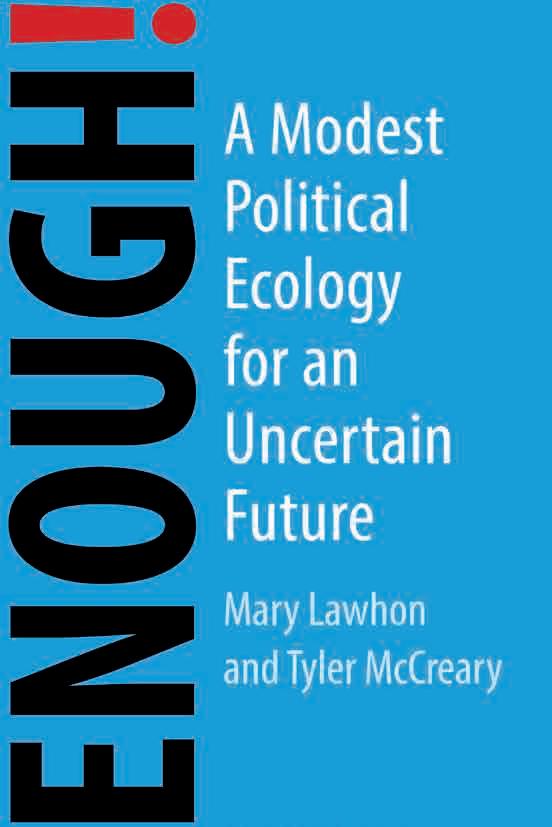
1 minute read
Warmonger
Vladimir Putin’s Imperial Wars
Alex J. Bellamy
Advertisement
Russia’s invasion of Ukraine in February 2022 was an imperial war long in the making. Putin’s Russia wants its empire back and has been at war with the West for years; it took the events in Ukraine for the West to realize it.
Alex Bellamy explains how Ukraine is just the latest in a series of Putin’s wars of aggression: Chechnya, Georgia, Crimea, Syria and Ukraine. Initially, the war in Chechnya propelled Putin to the presidency. War then proved central to his rule. It helped craft the new social contract between president and people, a contract grounded in a shared vision of Russian national identity and its place in the world.
Bellamy examines each of Putin’s military interventions to show how Russia rebuilt itself after the 1990s, how it embraced authoritarian politics and developed an imperial view of itself and its place in the world through a series of bloody conflicts.
Contents Introduction
SEPTEMBER 2023
PB £19.99 978-1-78821-647-0
HB £75.00 978-1-78821-646-3
192 pages | 234 x 156 mm
NOVEMBER 2023
PB £19.99 978-1-78821-671-5
HB £60.00 978-1-78821-670-8
176 pages | 234 x 156mm
Flashpoints
Jonathan Sullivan is an Associate Professor in the School of Politics and IR at the University of Nottingham and previously Director of the China Policy Institute.
Lev Nachman is Assistant Professor at National Chengchi University, Taipei, Taiwan.
Taiwan
Jonathan Sullivan and Lev Nachman
As a top 20 global economy and tech powerhouse, a liberal democracy on the frontline of autocratic pressure and a pivotal component in the free and open IndoPacific, the future security of Taiwan has enormous ramifications for today’s global order.
Sullivan and Nachman consider Taiwan’s complex and multi-layered history and the many dimensions it holds in international politics. They show that an appreciation of its critical role in geopolitics is more than just the crude dichotomies of “democracy vs authoritarianism” or “independence vs unification”. Its history and future are intimately tied to wider questions of decolonialism, national identity, economic interdependence, multiculturalism and modern values – all set against an ever-present security threat.

Contents
1. Why Taiwan matters
2. Taiwan’s many histories
3. Taiwan and the ROC
4. Decided by the Taiwanese people
5. One China, multiple considerations
6. Sacred and inviolable
7. The most dangerous place in the world?
8. The politics of cross-Strait economics
9. Who cares about Taiwan?
10. Conclusion










